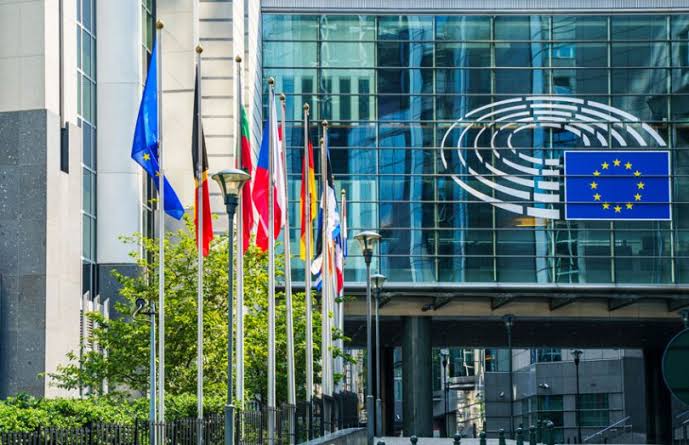The government of Belgium has stated that it wants to hasten the creation of a blockchain infrastructure across Europe during its tenure as the Council of the European Union’s president in early 2024.
The objective of the proposal is to simplify the process of securely storing official documents such as property titles and driver’s licenses.
Minister of State for Digitization of Belgium, Mathieu Michel, told Science Business on November 21 that the creation of a public blockchain for pan-European Union infrastructure is one of the four key objectives of the country’s impending presidency.
The remaining three initiatives shall address the challenges posed by the digital economy, online anonymity, and artificial intelligence (AI).
Michel proposes resuming the European Blockchain Services Infrastructure (EBSI) initiative, which was instituted in 2018 in partnership between the European Commission and the European Blockchain Partnership (consisting of the 27 member states of the European Union plus Norway and Liechtenstein).
In the European Union, the reestablished EBSI would be designated Europeum and employed in public administration duties such as the authentication of driver’s licenses and other documents.
As per Michel’s assertion, the undertaking may additionally bolster the digital euro infrastructure. It is crucial, according to the official, to utilize a public blockchain developed by EU member states as opposed to private alternatives.
Currently, Romania, Italy, Croatia, Poland, Portugal, Slovenia, and Luxembourg have all ratified the European plan. The location of the project’s headquarters will be in Belgium.
The regulatory consolidation process for cryptocurrencies and blockchain is progressing consistently.
A group of 47 national governments issued a joint commitment at the beginning of November to expeditiously incorporate the Crypto-Asset Reporting Framework (CARF), which is a novel international standard governing the automated exchange of data among tax authorities, into their respective domestic legal frameworks.
